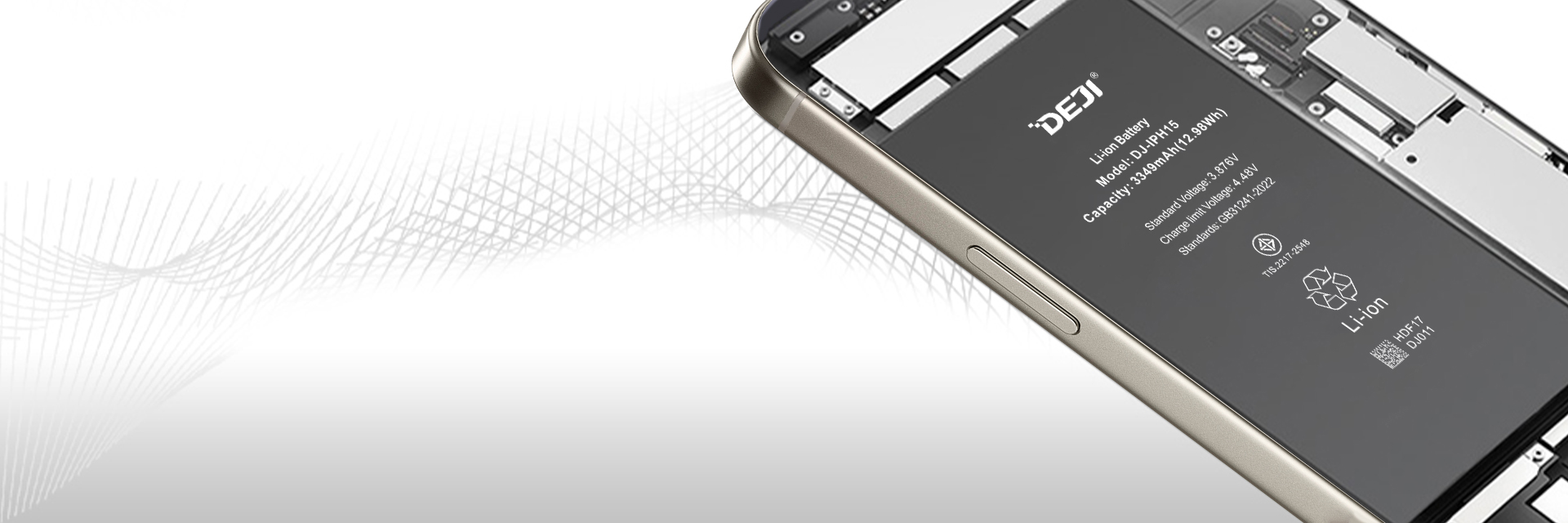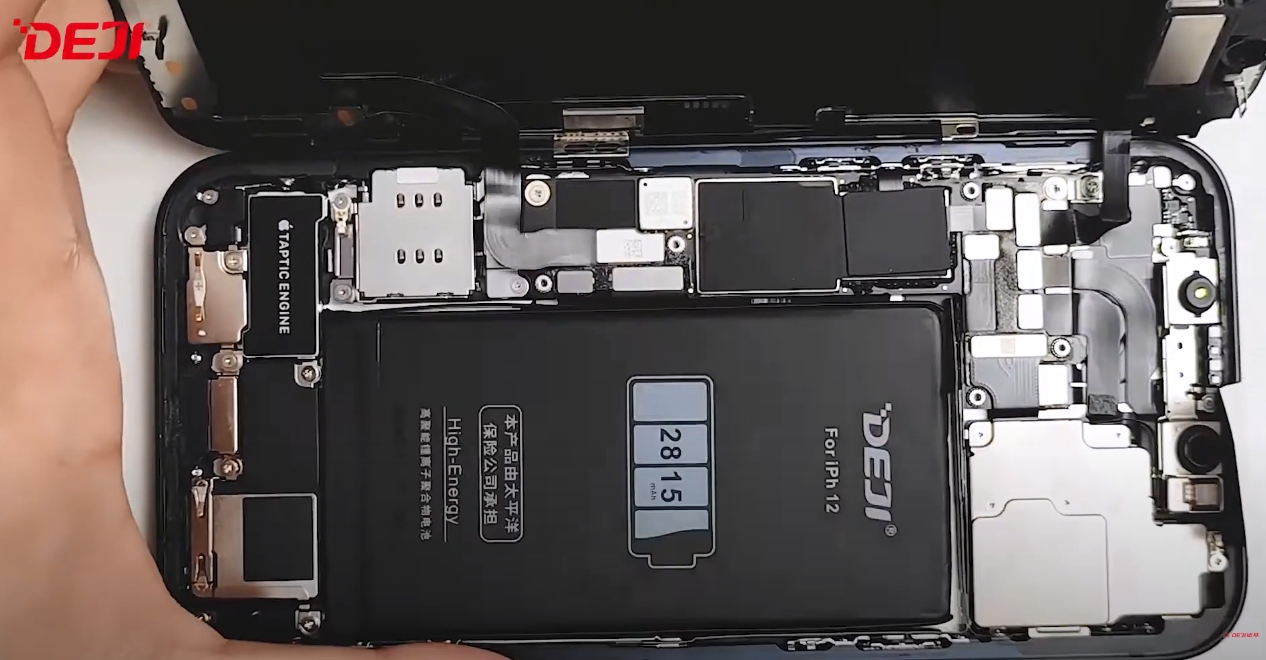In today’s world, smartphones are an integral part of our daily lives, and the health of your phone’s battery plays a crucial role in your overall experience.
As a battery ages, its performance suffers, directly impacting the functionality of your phone. This can cause a variety of issues, from minor inconveniences, such as needing to charge your phone more frequently, to more serious problems, such as unexpected power outages or overheating.
Ignoring signs of battery wear can not only greatly reduce the user experience, but in extreme cases, can also pose a safety risk to the device and even the user.
However, if you’ve noticed that your phone’s battery life is declining faster than you’d like, you're not alone! One of the biggest culprits is poor charging habits and battery care.
So, how can you take better care of your battery and maximize its lifespan? Let’s dive into some helpful tips and tricks to keep your battery in top condition!
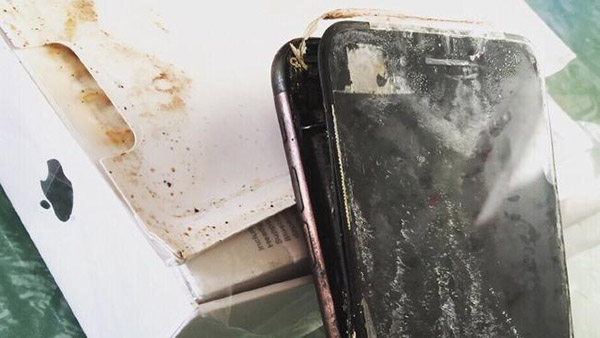
1. Do You Know Your Phone’s Battery Capacity?
Battery capacity refers to how much energy a battery can store when fully charged, typically measured in mAh (milliamp hours). Simply put, the higher the capacity, the longer your phone can last on a single charge. However, many other factors affect battery performance, including your daily usage patterns.
Want to know your phone's battery capacity and health? Here’s how to check:
iPhone Users: Go to Settings > Battery > Battery Health & Charging, where you can see your phone's Maximum Capacity and Peak Performance Capacity. If the Maximum Capacity drops below 80%, it’s a sign your battery is aging and may need replacement.
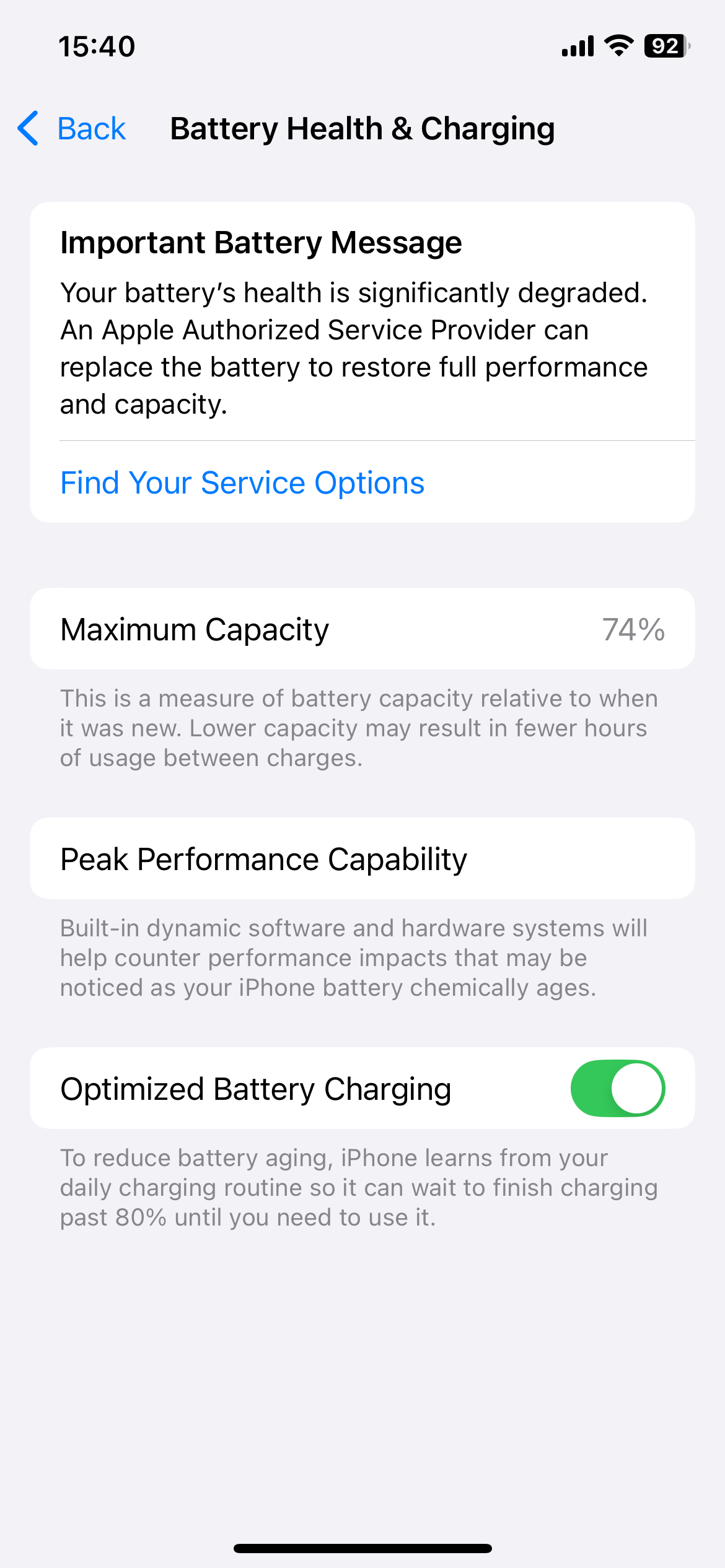
Android Users: Try dialing *#*#4636#*#* on the phone app to check battery stats or use apps like AccuBattery to estimate your battery’s health.
If you tell me which phone you are using, I can give you a more specific way to check it. (eg, xiaomi battery health)
2. Three Common Habits That Harm Your Battery
Charging to 100% or letting it drain to 0%
This is one of the most common mistakes users make. Lithium-ion batteries perform best when kept between 20%-80%. Continuously charging to 100% or letting it drop to 0% will cause the battery to degrade much faster.
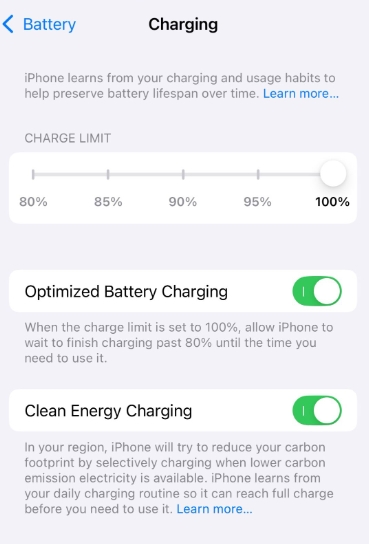
Using your phone while charging
Especially when gaming or watching videos, your phone generates heat, which is one of the major factors that shorten the battery's life. Avoid heavy usage while charging whenever possible.
Leaving the phone plugged in overnight
While charging overnight is convenient, it can cause slight overcharging once the battery reaches 100%, which may affect the overall battery health in the long run.
✅ 3. Practical Tips: How to Protect Your Phone Battery
Charge Before It Gets Too Low
Avoid letting your phone’s battery fall below 20%. Top it off when it reaches about 30%-40% for healthier charging cycles.
Close Unnecessary Background Apps
Apps running in the background drain your battery, so regularly close apps you’re not using to help conserve energy.
Reduce Screen Brightness and Refresh Rate
The screen is one of the largest power consumers on your phone. Lower your screen brightness or enable Auto-Brightness. If you have a high-refresh-rate screen, consider switching to 60Hz when you don’t need the extra fluidity.
Enable Power Saving Mode
Most smartphones have a Power Saving or Super Power Saving mode that limits background activities and reduces screen brightness to extend battery life. Turn these modes on when your battery runs low.
When your battery is low, Low Power Mode helps your iPhone last longer by reducing power usage.
Avoid Extreme Temperatures
Extreme heat or cold can degrade your battery's performance. Don’t leave your phone exposed to direct sunlight or in a freezing environment for long periods. (References)
Energy consumption revolution of network connection
The data transmission power consumption in the 5G era is 2.5 times that of 4G. Optimization plan:
Manually switch to 4G network in the signal stable area
Turn on WLAN smart scanning and prioritize connecting to the 2.4GHz frequency band (strong penetration but low power consumption)
Reset network settings regularly to avoid continuous high power consumption caused by abnormal base station switching
Keep iOS Updated(Official version, not beta version): Software updates often improve performance and battery life. Make sure your iPhone stays up to date.
4. What to Do If Your Battery Is Already Aging?
Many people think that if their battery is degrading, it’s time to get a new phone. However, that’s not always necessary! You can save money by replacing the battery instead of buying a new device.
For example, DEJI offers high-quality replacement batteries for both iPhone and Android models, meeting original manufacturer standards.
Our batteries come with ISO9001, CE, PSE certifications, and are known for their safety, longevity, and performance.
FAQ
Common Questions About Phone Batteries
a. Is optimized battery charging only available on iPhones?
No. Many modern devices, including Android phones, laptops, and smartwatches, offer similar features to reduce battery wear by managing how and when the battery charges. However, the feature may have different names and methods depending on the brand.
b. Is it bad to charge my phone overnight?
Yes, it can be. While modern phones are smart enough to stop charging at 100%, keeping them plugged in all night still adds heat and stress, which may shorten the battery lifespan over time.
c. Why is my phone battery draining faster than before?
Battery performance naturally declines with time. If your phone that once lasted all day now needs charging multiple times, it’s likely the battery has reached the end of its effective life.
d. What is a full charge cycle?
A full charge cycle equals using 100% of the battery’s capacity—whether in one go or spread across multiple uses. After 300–500 full cycles, most lithium-ion batteries start to degrade noticeably.
e. What happens if my phone shuts down unexpectedly?
Unexpected shutdowns can be a sign of a failing battery. When the battery can’t supply stable power—especially during high performance tasks—it may cause the device to shut off suddenly.
f. Why does my phone get hot while charging or using apps?
A bit of warmth is normal. But if your phone gets hot quickly or stays hot, especially while not doing much, it may be a battery issue. Overheating batteries can be dangerous and should be checked immediately.
g. Can a damaged battery be dangerous?
Yes. A failing or swollen lithium battery can overheat, swell, or even explode in rare cases. If you notice bulging, overheating, or frequent shutdowns, stop using the device and replace the battery as soon as possible.
h. Can dropping my phone damage the battery?
Yes. Strong impacts can physically damage internal components, including the battery. This may not show immediately but can lead to reduced performance or safety risks over time.
The following are common commands for Android phones:
*#*#197328640#*#*Start service mode, you can test some phone settings and change the code for setting WLAN, GPS and Bluetooth tests
*#*#232338#*#* Display WiFi MAC address
*#*#1472365#*#* GPS test
*#*#1575#*#* Other GPS tests
*#*#232331#*#* Bluetooth test
*#*#232337#*# Display Bluetooth device address
*#*#8255#*#*Start GTalk service monitor
Final Thoughts
As we enter the era of intelligent interconnection of all things, mobile phone batteries are no longer simple energy storage units, but energy interfaces that connect to the digital world.
Following this scientific maintenance system will not only allow your device to accompany you longer, but also cultivate a sustainable lifestyle in the digital age.
Remember: the best battery maintenance begins with an understanding of technology and ends with respect for tools. Let us extend the digital life of each mobile phone in a smarter way.
If you’re in the market for a reliable, long-lasting, and safe phone battery replacement, check out DEJI’s range of high-quality options. Give your phone a new lease on life!
 sales@batterydeji.com
sales@batterydeji.com



